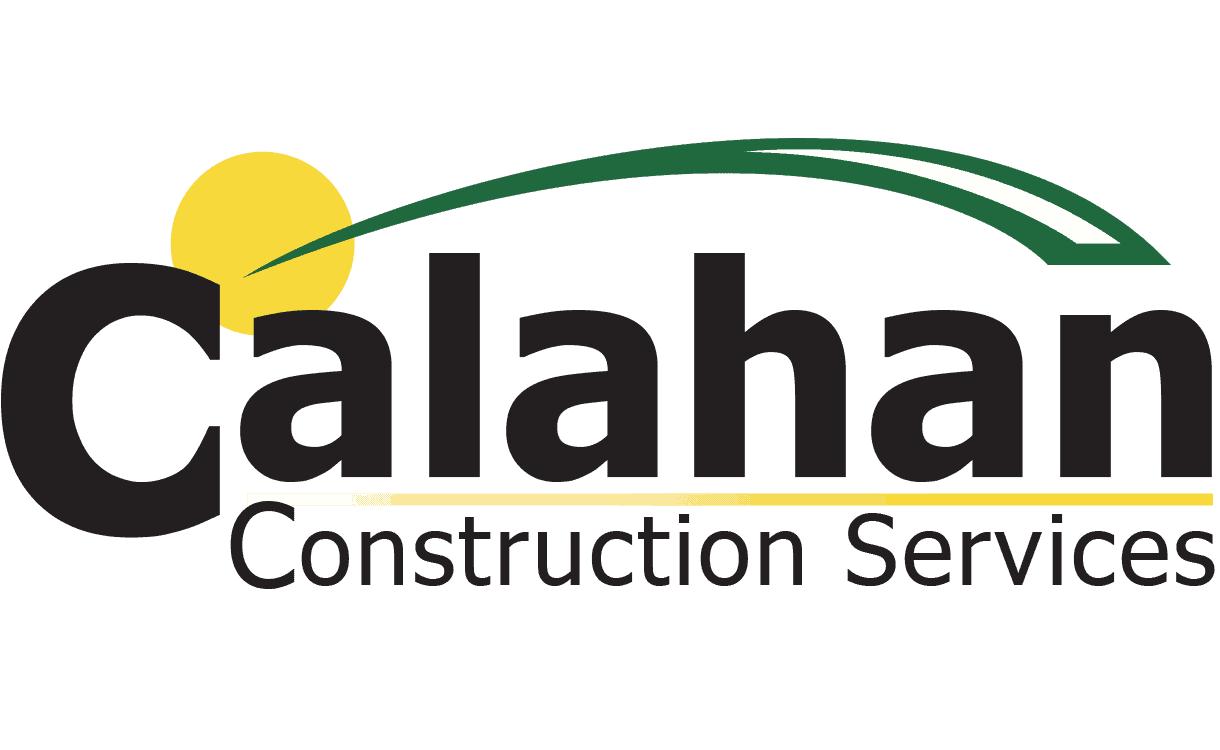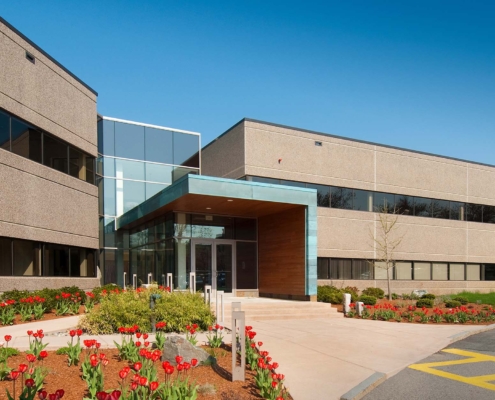 https://www.calahan.com/wp-content/uploads/2024/12/Side-view-of-a-medical-building.jpg
1250
2000
AbstraktMarketing
/wp-content/uploads/2021/02/ccs_logo_full.png
AbstraktMarketing2024-12-18 14:24:322025-01-26 14:25:41The Special Approach Needed for Healthcare Construction
https://www.calahan.com/wp-content/uploads/2024/12/Side-view-of-a-medical-building.jpg
1250
2000
AbstraktMarketing
/wp-content/uploads/2021/02/ccs_logo_full.png
AbstraktMarketing2024-12-18 14:24:322025-01-26 14:25:41The Special Approach Needed for Healthcare ConstructionWhat’s Involved in Retail Construction Project Prep?
Before you welcome shoppers and start making sales, your retail construction project needs to be a success—and it starts with thorough preparation. In this comprehensive guide, we’ll walk you through the key steps you need to know, from budgeting and timelines to contractor selection and legal considerations.
Defining the Project Scope
Before diving into the nitty-gritty of a retail construction project, it’s essential to have a clear vision of your retail project. This involves outlining your goals, assessing space requirements, and developing a compelling design concept.
Project Goals
To ensure the project aligns with your overall business strategy, it’s crucial to define your specific goals.
- Purpose: Clearly articulate the purpose of your new retail space. Is it a flagship store, a convenient outlet, or a temporary pop-up shop?
- Target Demographic: Identify your ideal customer. Understanding their preferences and behaviors will help tailor the design and merchandise offerings.
- Brand Experience: Envision the desired brand experience you want to create. Should it be luxurious, minimalist, or fun and playful?
Space Requirements
Determining the optimal retail space layout is essential for efficient operations and a positive customer experience.
- Functional Areas: Identify the necessary functional areas, such as the sales floor, stockroom, fitting rooms, and office space.
- Square Footage: Calculate the required square footage for each area, considering factors like product assortment and customer traffic.
- Future Flexibility: Design the space with future expansion in mind. Consider modular layouts and flexible furniture arrangements.
Design Vision
A well-designed retail space can create a lasting impression on customers and drive sales.
- Brand Identity: The design should reflect your brand’s identity and values. Use colors, materials, and lighting to create a cohesive and memorable atmosphere.
- Customer Journey: Map out the customer’s journey through the store. Ensure a smooth flow from entry to checkout.
- Collaboration: Work closely with architects and interior designers to bring your vision to life.
Budgeting
A well-defined budget is crucial for the success of any construction project. It helps you allocate funds effectively, manage costs, and avoid financial surprises. To create a realistic budget, consider the following factors:
- Construction Costs: This includes labor, materials, and equipment.
- Permits and Fees: Research local regulations and obtain necessary permits.
- Design Fees: Allocate funds for architectural and interior design services.
- Contingency Fund: Set aside a percentage of the budget for unexpected costs or changes.
- Location and Building Size: The location and size of the building will significantly impact construction costs.
- Desired Finishes: High-quality finishes and materials can increase costs but enhance the overall look and feel of the space.
Regularly review and adjust your budget as the project progresses. This will help you identify potential cost overruns and take corrective measures.
Timeline Development
A well-structured timeline is essential for keeping your retail construction project on track. It helps you visualize the project’s phases, allocate resources efficiently, and meet deadlines.
Project Timeline
Creating a detailed timeline involves breaking down the project into smaller, manageable tasks. Key milestones to consider include:
- Design and Planning: This phase involves creating architectural plans, interior design concepts, and obtaining necessary permits.
- Construction: This phase includes site preparation, foundation work, framing, roofing, electrical, plumbing, and HVAC installation.
- Interior Fit-Out: This phase focuses on interior finishes, such as flooring, wall coverings, ceilings, and lighting.
- Final Completion: This phase involves final inspections, cleaning, and landscaping.
Account for Delays
Unexpected delays can disrupt your project timeline and increase costs. To mitigate these risks, consider the following factors:
- Weather Conditions: Adverse weather conditions can significantly impact construction progress.
- Material Shortages: Supply chain disruptions can lead to delays in material delivery.
- Labor Shortages: A shortage of skilled labor can slow down the construction process.
- Local Regulations: Be aware of local building codes, zoning laws, and permit requirements.
Whether you’re building new or renovating an existing space, Calahan Construction can help! Learn if our efficient, cost-effect renovation solutions are right for your business today.
Finding the Right General Contractor
Selecting the right contractor can significantly impact the success of your retail construction project. A reliable and experienced contractor can ensure timely completion, quality workmanship, and cost-effective solutions. When evaluating potential partners, consider the following criteria:
- Experience: Look for contractors with a proven track record in retail construction.
- Insurance Coverage: Verify that the contractor has adequate insurance coverage to protect against accidents and liabilities.
- Licensing and Certifications: Ensure the contractor is licensed and certified to operate in your area.
- Project Management Skills: Assess the contractor’s ability to manage budgets, schedules, and subcontractors.
- Quality Standards: Evaluate the contractor’s commitment to quality workmanship and adherence to industry best practices.
By carefully selecting a contractor and negotiating a comprehensive contract, you can minimize risks and ensure the success of your retail construction project.
Legal and Regulatory Considerations
Navigating the legal and regulatory landscape is essential to ensure a smooth and compliant construction process. Failure to comply with local regulations can lead to delays, fines, and legal issues.
Permits and Approvals
Before starting construction, obtain all necessary permits from local authorities. These may include:
- Building Permits: These permits ensure that the construction adheres to local building codes and standards.
- Zoning Permits: These permits verify that the project complies with zoning regulations and land use restrictions.
- Sign Permits: These permits regulate the size, location, and illumination of signs.
Insurance
Adequate insurance coverage is crucial to protect your investment and mitigate potential risks. Consider the following types of insurance:
- Property Insurance: This covers damage to the building and its contents.
- Liability Insurance: This protects you from claims of property damage or personal injury.
- Builder’s Risk Insurance: This covers damage to the building during construction.
- Flood Insurance: If you’re located in a flood-prone area, consider purchasing flood insurance.
- Earthquake Insurance: If you’re in an earthquake-prone region, consider earthquake insurance.
Warranties and Guarantees
Warranties and guarantees provide assurance that materials and workmanship will meet specific standards. By understanding and negotiating warranty terms, you can protect your investment and minimize potential costs associated with defects or malfunctions.
Material and Labor Warranties
Work with contractors and suppliers to negotiate comprehensive warranties for materials and labor. Clearly define the scope of coverage, duration, and any limitations or exclusions and be sure to establish a clear process for submitting warranty claims and scheduling repairs.
Equipment Warranties
Secure warranties for specialized equipment and fixtures, such as HVAC systems, refrigeration units, and security systems and familiarize yourself with the terms of coverage, including any limitations or exclusions.
Start Your Retail Construction Project With Calahan Construction
Calahan Construction is ready to help get your retail store ready for business. From initial concept to final completion, our team of experienced professionals is dedicated to delivering exceptional results. Contact us today to discuss your project and receive a personalized consultation.
Share This Post
More Like This
 https://www.calahan.com/wp-content/uploads/2024/12/Side-view-of-a-medical-building.jpg
1250
2000
AbstraktMarketing
/wp-content/uploads/2021/02/ccs_logo_full.png
AbstraktMarketing2024-12-18 14:24:322025-01-26 14:25:41The Special Approach Needed for Healthcare Construction
https://www.calahan.com/wp-content/uploads/2024/12/Side-view-of-a-medical-building.jpg
1250
2000
AbstraktMarketing
/wp-content/uploads/2021/02/ccs_logo_full.png
AbstraktMarketing2024-12-18 14:24:322025-01-26 14:25:41The Special Approach Needed for Healthcare Construction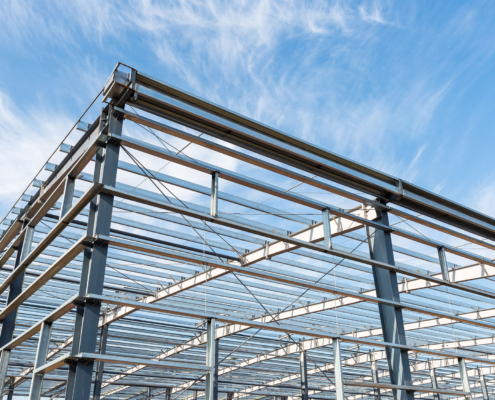 https://www.calahan.com/wp-content/uploads/2024/07/Side-view-of-steel-structure-workshop-with-blue-sky.jpg
1250
2000
AbstraktMarketing
/wp-content/uploads/2021/02/ccs_logo_full.png
AbstraktMarketing2024-07-12 13:38:142025-01-26 14:25:435 Ways Steel Sustainability Is Infinite
https://www.calahan.com/wp-content/uploads/2024/07/Side-view-of-steel-structure-workshop-with-blue-sky.jpg
1250
2000
AbstraktMarketing
/wp-content/uploads/2021/02/ccs_logo_full.png
AbstraktMarketing2024-07-12 13:38:142025-01-26 14:25:435 Ways Steel Sustainability Is Infinite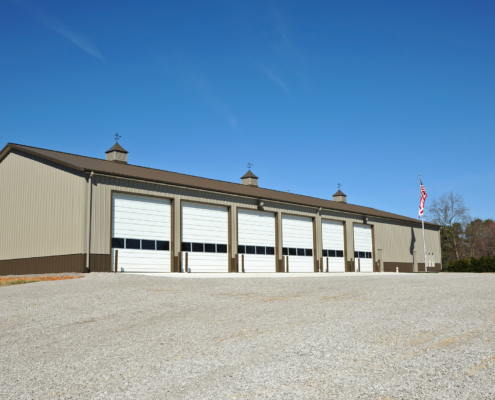 https://www.calahan.com/wp-content/uploads/2024/04/Side-view-of-the-exterior-of-a-firehouse-on-a-clear-sunny-day.jpg
1250
2000
AbstraktMarketing
/wp-content/uploads/2021/02/ccs_logo_full.png
AbstraktMarketing2024-04-18 11:55:422025-01-26 14:25:435 Commercial Metal Building Mistakes and How to Avoid Them
https://www.calahan.com/wp-content/uploads/2024/04/Side-view-of-the-exterior-of-a-firehouse-on-a-clear-sunny-day.jpg
1250
2000
AbstraktMarketing
/wp-content/uploads/2021/02/ccs_logo_full.png
AbstraktMarketing2024-04-18 11:55:422025-01-26 14:25:435 Commercial Metal Building Mistakes and How to Avoid Them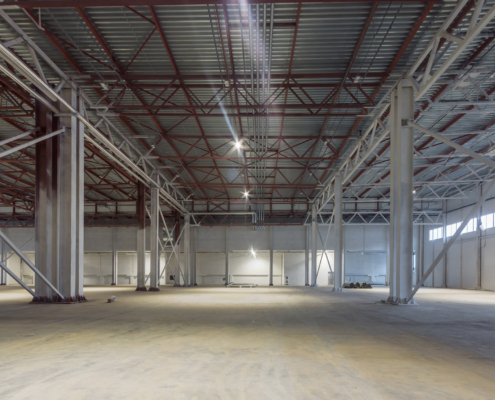 https://www.calahan.com/wp-content/uploads/2024/03/How-To-Ventilate-A-Metal-Building.jpg
1250
2000
AbstraktMarketing
/wp-content/uploads/2021/02/ccs_logo_full.png
AbstraktMarketing2024-03-11 13:26:332025-01-26 14:25:45Your Guide to Metal Building Ventilation
https://www.calahan.com/wp-content/uploads/2024/03/How-To-Ventilate-A-Metal-Building.jpg
1250
2000
AbstraktMarketing
/wp-content/uploads/2021/02/ccs_logo_full.png
AbstraktMarketing2024-03-11 13:26:332025-01-26 14:25:45Your Guide to Metal Building Ventilation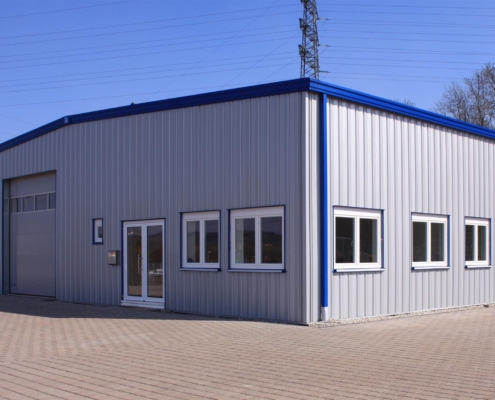 https://www.calahan.com/wp-content/uploads/2024/03/Side-view-of-a-grey-steel-building-with-blue-roof.jpg
1250
2000
AbstraktMarketing
/wp-content/uploads/2021/02/ccs_logo_full.png
AbstraktMarketing2024-03-11 11:33:472025-01-26 14:25:45Debunking Common Misconceptions About Commercial Steel Buildings
https://www.calahan.com/wp-content/uploads/2024/03/Side-view-of-a-grey-steel-building-with-blue-roof.jpg
1250
2000
AbstraktMarketing
/wp-content/uploads/2021/02/ccs_logo_full.png
AbstraktMarketing2024-03-11 11:33:472025-01-26 14:25:45Debunking Common Misconceptions About Commercial Steel Buildings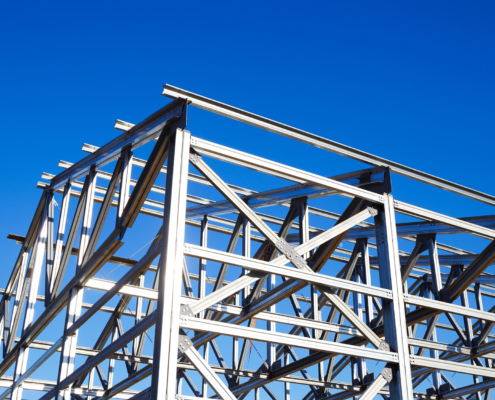 https://www.calahan.com/wp-content/uploads/2024/01/A-Guide-to-Metal-Building_-Quality-Control-in-Construction.jpg
1250
2000
AbstraktMarketing
/wp-content/uploads/2021/02/ccs_logo_full.png
AbstraktMarketing2024-01-22 08:59:532025-01-26 14:25:46A Guide to Metal Building: Quality Control in Construction
https://www.calahan.com/wp-content/uploads/2024/01/A-Guide-to-Metal-Building_-Quality-Control-in-Construction.jpg
1250
2000
AbstraktMarketing
/wp-content/uploads/2021/02/ccs_logo_full.png
AbstraktMarketing2024-01-22 08:59:532025-01-26 14:25:46A Guide to Metal Building: Quality Control in Construction 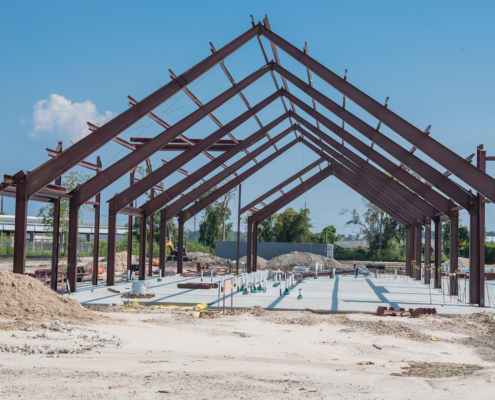 https://www.calahan.com/wp-content/uploads/2024/01/Budgeting-for-a-Commercial-Metal-Building-Project.jpg
1250
2000
AbstraktMarketing
/wp-content/uploads/2021/02/ccs_logo_full.png
AbstraktMarketing2024-01-22 08:51:202025-01-26 14:25:46Budgeting for a Commercial Metal Building Project
https://www.calahan.com/wp-content/uploads/2024/01/Budgeting-for-a-Commercial-Metal-Building-Project.jpg
1250
2000
AbstraktMarketing
/wp-content/uploads/2021/02/ccs_logo_full.png
AbstraktMarketing2024-01-22 08:51:202025-01-26 14:25:46Budgeting for a Commercial Metal Building Project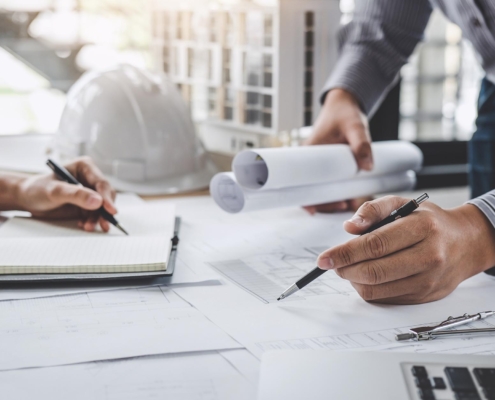 https://www.calahan.com/wp-content/uploads/2023/08/Two-engineers-looking-over-blueprints-.jpg
1250
2000
AbstraktMarketing
/wp-content/uploads/2021/02/ccs_logo_full.png
AbstraktMarketing2023-09-05 09:00:002025-01-26 14:25:47Industrial Warehouse Design Considerations
https://www.calahan.com/wp-content/uploads/2023/08/Two-engineers-looking-over-blueprints-.jpg
1250
2000
AbstraktMarketing
/wp-content/uploads/2021/02/ccs_logo_full.png
AbstraktMarketing2023-09-05 09:00:002025-01-26 14:25:47Industrial Warehouse Design Considerations
All About the Stages of Ground-Up Construction: A Comprehensive Guide
Design Build, General Contracting, New Construction
